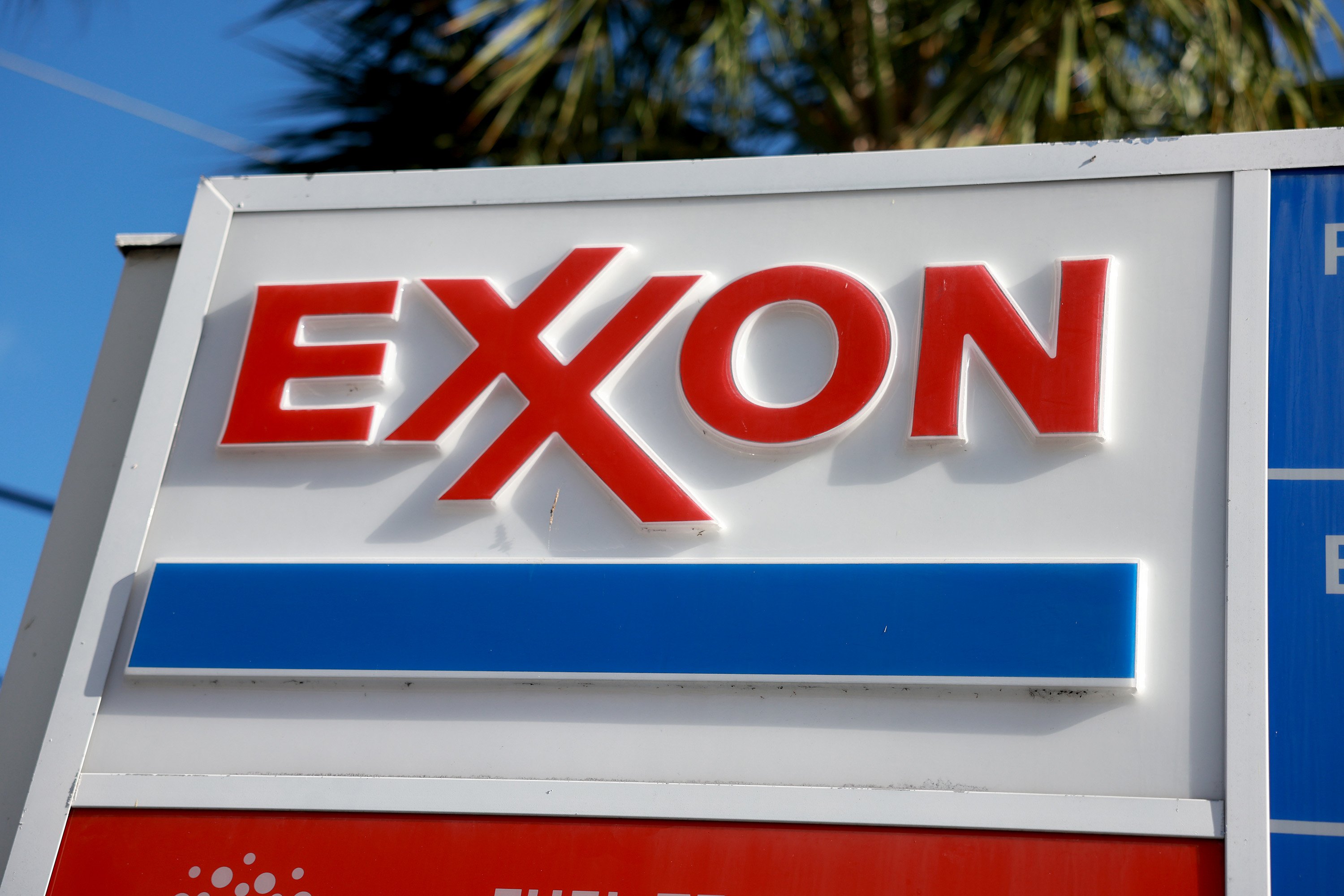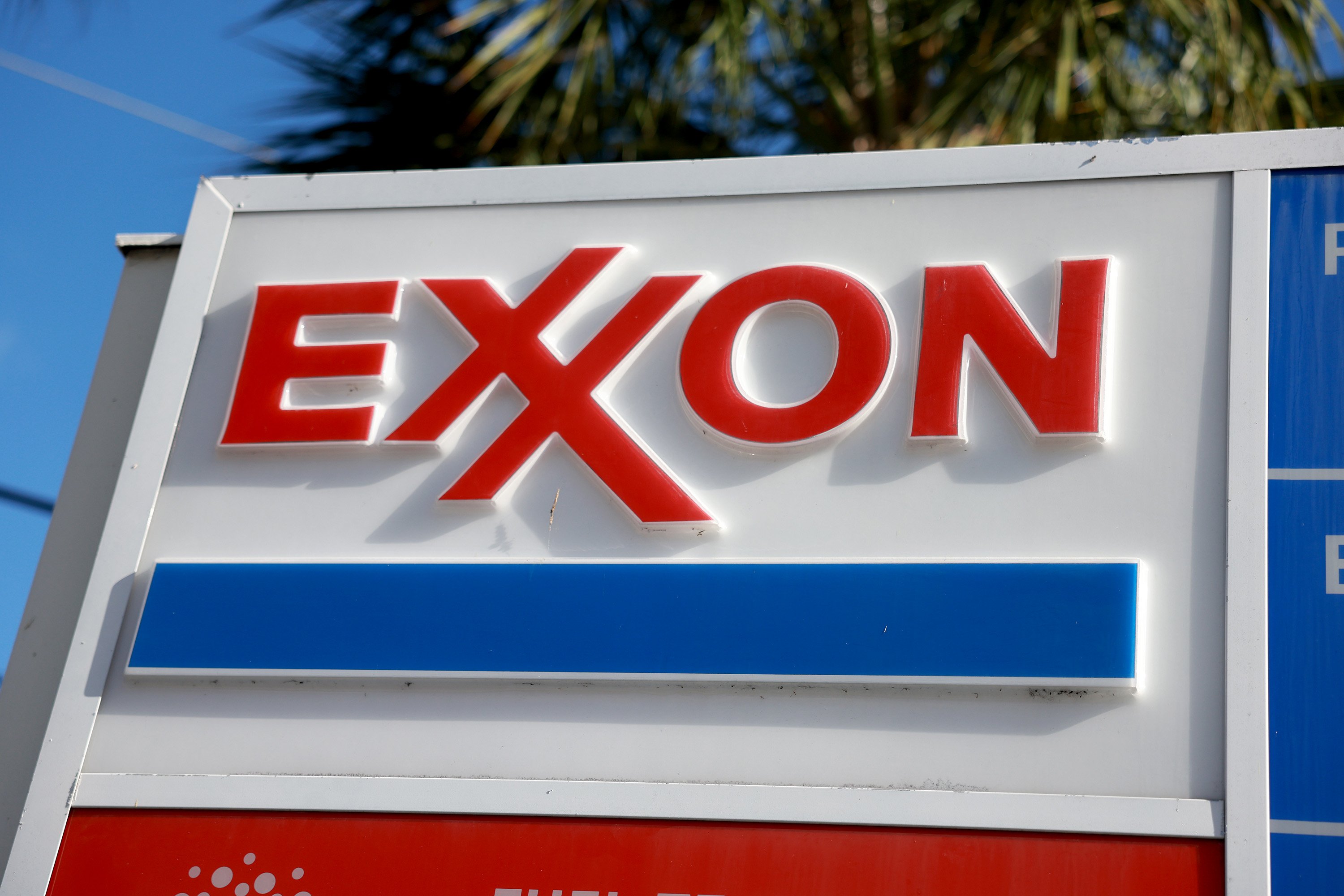For many energy investors, 2015 probably couldn't come soon enough considering the miserable performance that the industry posted in 2014. Then again, its very possible that 2015 might not be that great either. There is no way that anyone can predict with any certainty where oil prices will go from here, but there are a few things that are certainly worth keeping an eye on for the rest of this new year.
To help you better understand these dynamics, Motley Fool analysts Mark Reeth and Tyler Crowe walk you through three important trends to watch in 2015 that could have a profound impact on oil prices and the oil and gas market in general. Also, they discuss three energy companies investors may want to put on their radar for the year. Simply tune in to the video below -- that was definitely filmed on New Year's Day (wink)--to find out!
A full transcript follows the video.
Mark Reeth: Ho, ho, ho, Fools! Merry Christmas and have a...
Tyler Crowe: This is the New Year's show.
Reeth: Happy New Year's, everybody! This is Industry Focus.
[INTRO]
Hey everybody I'm Mark Reeth, here with Tyler Crowe. Welcome to the energy edition of Industry Focus. It's a new year!
Crowe: It's 2015!
Reeth: It's totally 2015.
Crowe: We're doing this totally live, on New Year's Day.
Reeth: Right now, 2015. It doesn't even feel different from 2014 right now.
Crowe: Not at all.
Reeth: It's crazy!
Oh, man. New year, whole new ball game with the energy world.
Crowe: Everybody's doing great with their 2015 diets and all their resolutions, sticking right to them. It's a good time right now.
Reeth: Yes, we're speaking to you from the future. This is great!
Okay, let's take a look ahead at this year. 2014, kind of a tough year for the energy industry, especially as far as oil prices are concerned. All of our viewers are very well aware of just how bad things looked for a lot of companies out there.
Crowe: It has not been an easy time.
Reeth: It's true. What about 2015, though? Let's take a look ahead. Oil prices, where do you see them this year?
Crowe: I'm not going to say anything about oil prices, because if I do...
Reeth: That's our show!
Crowe: ...we will have it on record and I will be wrong, and then we'll get all these hate emails about why I was wrong, so I'm going to avoid actually saying prices.
Instead, as an investor I think there are some critical events that could happen in 2015 that investors should watch for, that could significantly impact oil prices.
Reeth: Reasonable. Reasonable.
Crowe: Let's stick to that vein here. I think there are three things that could really change the dynamic of what's going on here.
Granted, there are a lot, and there are ones that I will miss. There is always something that you never see coming in the oil market. We're down to $60 a barrel right now; I don't think anybody saw that coming. Here are the three things that you can watch, you can kind of control, and see what happens.
The first one is, what will OPEC do at its next meeting? They had one back in November where they said, "We're fine. We're going to produce at 30 million barrels per day. It's going to be great. Everybody else is going to have problems. We don't have any problems -- what problems?"
That is not the case. If you saw all the internal squabbling going on, there were a lot of countries within OPEC that are just absolutely hemorrhaging money right now. The most expensive one, Iran: They need $140 per barrel to make their budget work.
Reeth: Not going to work right now.
Crowe: We're quite a ways away from that.
Reeth: A little bit!
Crowe: Six months after November, sometime in the April/May time, there will be another OPEC meeting. After testing the waters with this 30-million-barrel-per-day price point/production level, they're going to reassess. How much did this impact drilling in the United States? How much did that impact other people globally?
After that, we can reassess and see if we have to cut back on production, because maybe the U.S. is actually able to produce for less money than we can now, simply because of the efficiencies that have been made in shale drilling.
The other one I think is going to be really interesting to watch is: How will Russia be able to handle this? Of the three major tiers of producers out there you have Russia, Saudi Arabia, and the United States. We're the three largest producers in the world in terms of oil; anywhere between 8-11 million barrels per day, among the three of them, each.
Just like a lot of those OPEC people, they are highly, highly dependent on oil and gas revenues to make the budget within the country work. If we see this major plummet, they are also at risk of saying, "This is unsustainable for us."
Granted, there is a little bit of separation between companies and the country itself, although very, very, very limited.
Reeth: Especially there, yes.
Crowe: Yes, the CEO hangs out with Putin at lunch and stuff like that. It's pretty tight.
Reeth: Right.
Crowe: How are they going to be able to handle this? Back in the 1990s when we saw a big, major plunge in prices like this, the country actually defaulted on debt. I'm not going to say this is going to happen...
Reeth: No predictions.
Crowe: No predictions! No predictions, but it did happen back in the '90s. It is a possibility to happen again. They have a lot of money in some offshore sovereign wealth funds that they can play with for a while, but that can only last for so long.
Then the last thing that you should do, especially as an investor who may be invested in certain oil and gas stocks within the United States, is there could be a weeding out of U.S. drillers. We've seen a lot of young, upstart wildcatters trying to get their own start within the country.
They took on a ton of debt to do it and they haven't really been able to turn that into a cash-generating business. They've just kept taking on more debt, taking on more debt, trying to build out to what they thought would be a sustainable level.
Unfortunately, oil prices dropped before they could get to that level, and now they're all starting to look at that, "Oh, shoot. How the heck are we going to pay off all this debt if we can't even fund our own budgets right now?"
Reeth: "Oh, drat!"
Crowe: Drat!
Now granted, there are a lot of companies in a very good space right now because of this. You've got some of those bigger ones like your EOG Resources or somebody like that who's generating cash, and they're going to be able to be just fine.
That could actually cause a push or a weeding out of the U.S. drillers. Some of these guys are going to maybe look to get acquired by a larger company, some of these big oil companies that have a ton of cash on the books right now, or even -- worst-case scenario -- you could see some that might close up shop.
I don't want to say that...
Reeth: No predictions!
Crowe: No predictions, but some of them are looking pretty rough right now.
Reeth: OPEC, Russia, the small guys.
Crowe: The small guys.
Reeth: OK, lots to watch for. It's a long year, plenty of stuff's going to be happening.
Crowe: And we are in 2015 now.
Reeth: Right now it's 2015.
Crowe: 2015.
Reeth: Right now. I can't believe we made it in to the office after that New Year's Eve party -- last night!
Crowe: I know. That shows how dedicated we are to the show.
Reeth: You're welcome, America. You're welcome.
All right, 2015. Like we said it's a long year, plenty's going to happen. Let's talk about some stocks out there maybe that, no matter what's going to happen, they're going to be OK -- and their shareholders, more importantly, are going to be OK. The guys who are generating those good dividends, the good shareholder returns. Give me your top three for 2015.
Crowe: Sure.
Looking at income is one of the most popular things right now, with plunging oil prices. People don't want just capital gains, they actually want income. So, let's start with the biggest company out there in energy, ExxonMobil (XOM +1.00%). I could recommend this on every single show that we do for the next 20 years, and probably nothing will change.
One of the nice things about it... obviously there are other things: the 74-year dividend history, they've got a pretty good yield right now of about 3%, and they've been growing their dividend, it's up about 64% in the past five years. You've got all those other things.
But let's just look at one of those opportune times. Oil prices are down, ExxonMobil's price as of this recording -- it is 2015! -- 2015, but as of this recording, ExxonMobil's stock is down about 15% on the year, so it actually provides an opportune time in terms of a valuation perspective.
ExxonMobil right now is trading below its 10-year historical median valuation, which means that over the 10 years, this is one of those times where it's worth a little bit less than what it has averaged. It gives you a little bit of an opportunity to get a deal on a company that doesn't normally go on sale an awful lot, simply because it is so stable.
The next one I want to look at is Kinder Morgan (KMI 0.44%), just another one of those master limited -- well, not a master limited partnership anymore because of the merger -- but in that pipeline vein. Very, very stable, more built on the idea of moving oil and gas on a volume basis, rather than actually being speculative on prices and being dependent on that.
In their last presentation that they gave, they broke out how much they're dependent on oil prices for their actual revenue, which was an obvious play to oil prices today.
Reeth: That's smart, actually.
Crowe: It is a pretty smart idea.
Reeth: I like that, yes.
Crowe: A very nice number to see is "96% of our income comes from volume and fee-based contracts rather than the price of oil."
Reeth: Nothing wrong with that.
Crowe: That's nice and stable. You can't really complain about that too much.
Now, with the merger that they just did -- they just bought out all of their limited partnerships below them -- what that did is it locked in the dividend for quite a long time. Before that, a lot of those subsidiaries were paying what's called "incentive distribution rights." Basically, it's a management fee to the general partner, which was this company.
By buying them out, those go away and it allows the parent company to save that money or put it into its normal dividend. It gets rid of a lot of that MLP mumbo jumbo that has been ... with a lot of people.
The excess cash from that is going to make that a very, very stable income play for the next few years and it's looking pretty good, especially if you're looking for something in 2015.
Reeth: This year.
Crowe: This year!
Reeth: This is that year.
Crowe: Right now, we're in 2015.
Reeth: Right now.
Crowe: Then the last one is one that's not talked about an awful lot, but certainly if you're looking for something on that stable income play, HollyFrontier Company (HFC +0.00%). It is a refining company that owns a few refineries in the mid-continent reason, Midwest, of the United States.
One of the great things about it is if you look at their stats -- let's say on Google Finance or Yahoo! Finance, wherever people are coming in to see this -- it'll say a yield of about 3.42% But that is their regular dividend.
They also somehow pay a special dividend every quarter, and they've done so for quite a long time. If you include their special dividend -- no guarantee, but it's there -- they have a yield right now of 8.7%
Reeth: Yowza!
Crowe: Which is quite, quite nice.
Reeth: Yes!
Crowe: It gives them a lot of leeway to keep that dividend stable. That 3% guaranteed quarterly dividend is going to be there because they can play with that special dividend to make sure it happens.
Refineries, they're not as capital-intense as oil and gas drilling. They don't have to go out and get new wells every year to replace declining production. They have to do a little bit of maintenance, but it's not as bad, and it's in a good position right now.
Oil is pretty cheap in the United States, considering all the oil and gas drilling they're doing right now. They don't have to import a lot, which would be much more expensive for them, so they've got plenty of options to work from.
Gas prices aren't exactly where they would like to be, but at the same time there is enough of a margin of safety in their dividend, with all the share buybacks and all the special dividends that they've been doing, to pretty much... I wouldn't say "guarantee," but give a lot of safety to that regular dividend that they've been paying.
Reeth: OK. Exxon, Kinder, Holly.
Crowe: Yes.
Reeth: Three names to watch. I like it. Thank you for that. That's going to help here, in this year.
Crowe: Here, in 2015, now.
Reeth: In 2015, which is right now!
Crowe: Right now.
Reeth: Tyler Crowe, everybody. I'm Mark Reeth. If you want more stock ideas, head on over to Fool.com. For right now, just have a happy new year!







